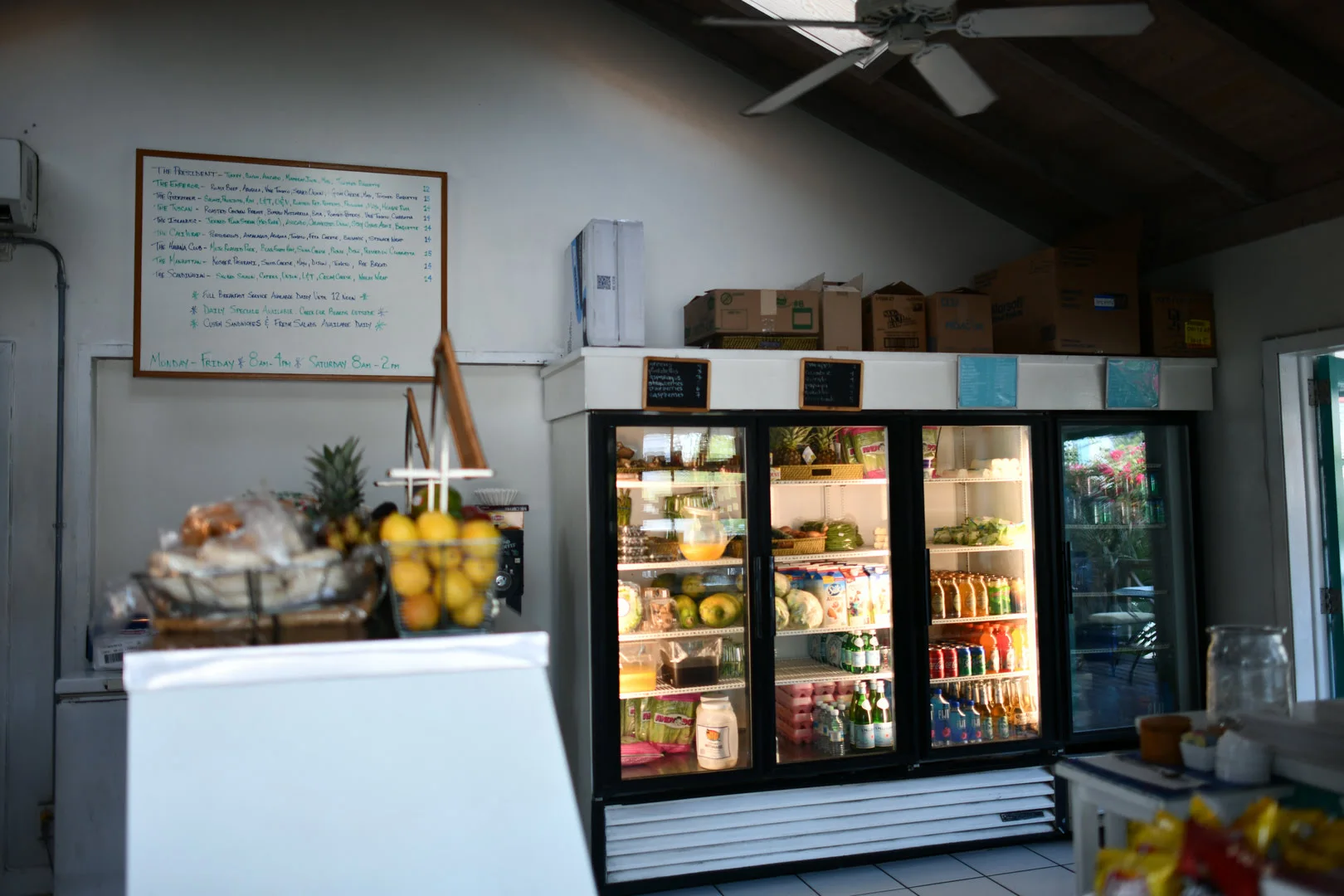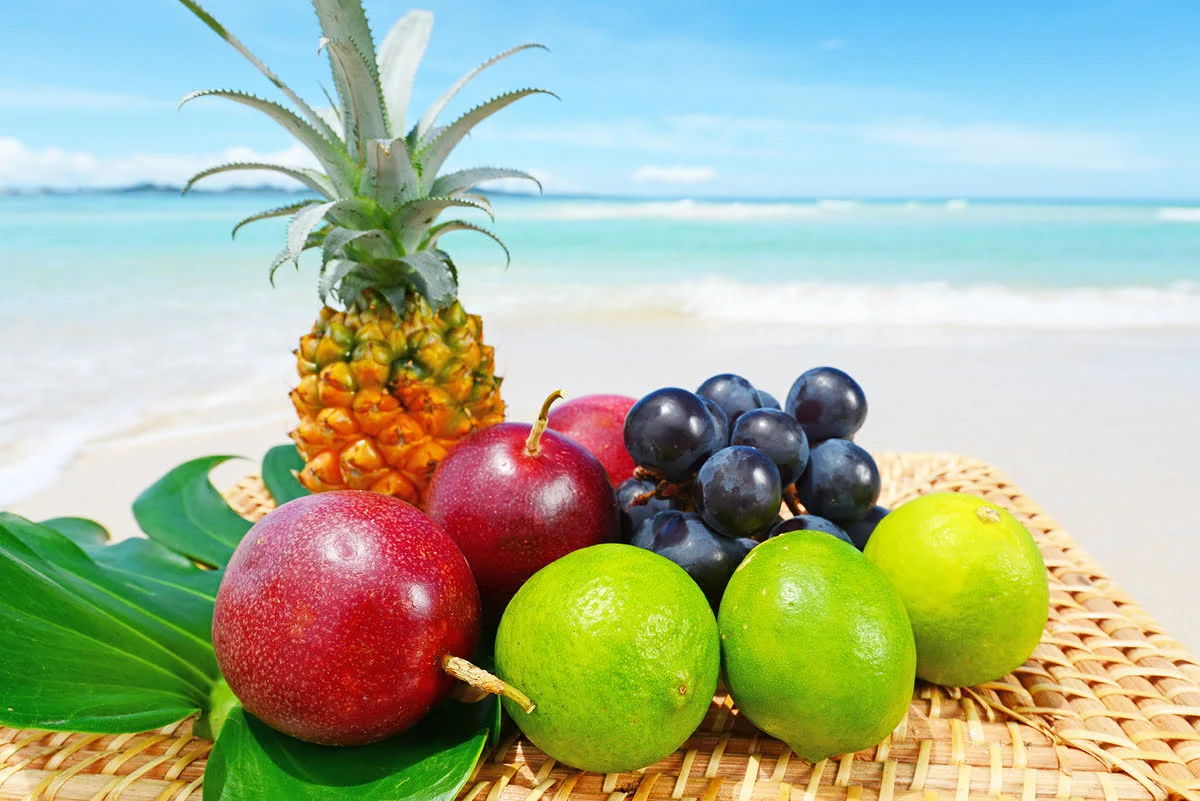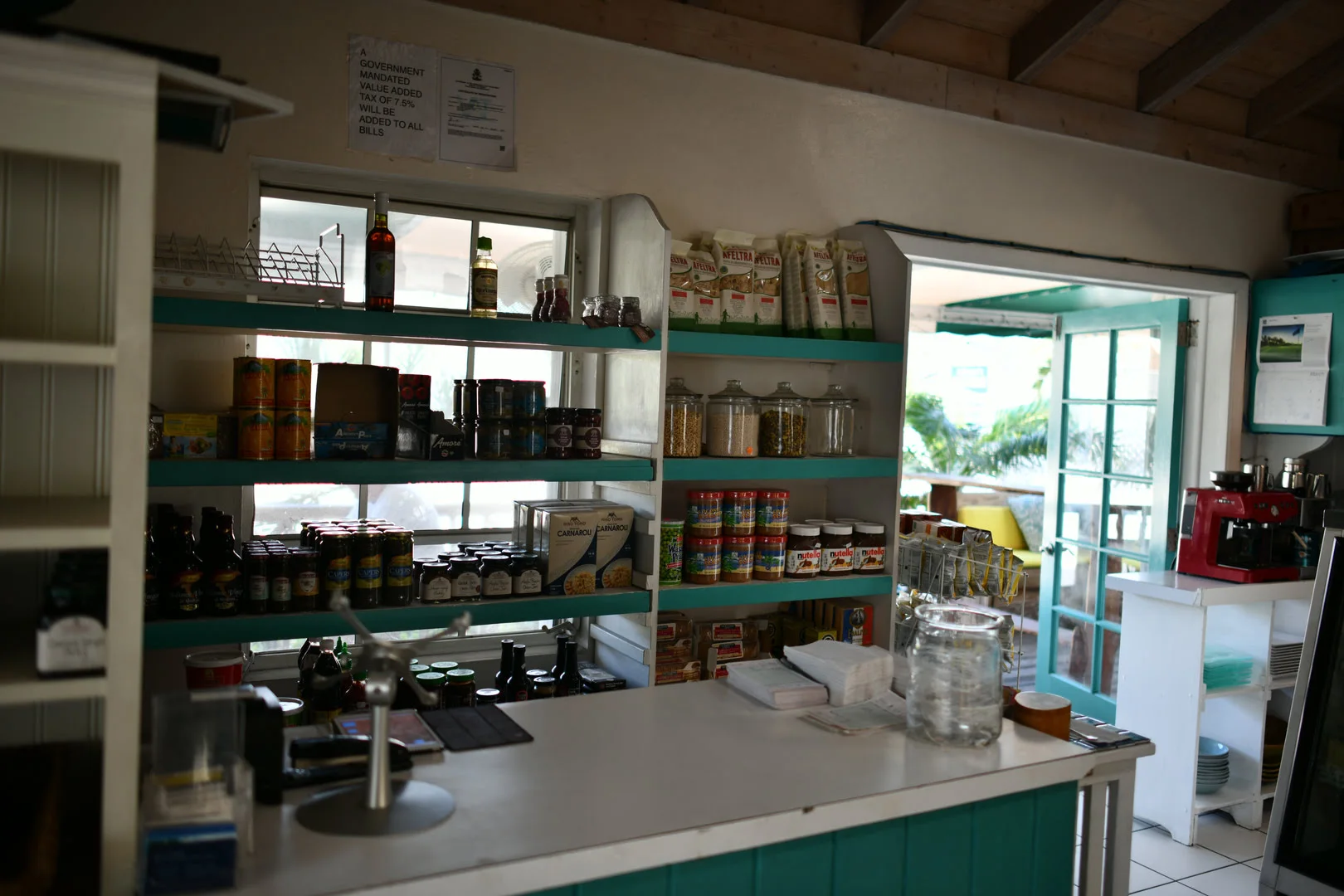
Planning a trip to Harbour Island and want to make sure you have all your favorite foods, drinks, and special provisions? Whether you're looking for kosher meals, premium liquor, kid-friendly snacks, or dietary-specific items, you’ll find several convenient ways to stock your kitchen in advance.
When it comes to food in Harbour Island Bahamas, visitors often bring their own specialty products, especially those that may not be readily available on the island. This flexibility makes it easy to arrive fully prepared and enjoy your stay without compromise.
Many guests flying in or arriving by boat choose to bring their favorite wines, spirits, or specific brands of snacks to avoid any uncertainty. Once on the island, local grocery stores offer a selection of fresh produce, dry goods, and general essentials, though some specialty items may be limited. Liquor stores also carry a variety of options, but premium brands and certain labels might be harder to find.
For a stress-free experience, travelers staying in luxury vacation rentals can arrange for a private chef or concierge to stock their villa with everything they need ahead of time. This is especially useful for those with dietary restrictions, as a chef can source kosher-certified foods, organic ingredients, or specific kid-friendly meals to ensure everyone has what they need upon arrival.
Whether you choose to bring your own, shop locally, or have everything prepared for you in advance, Harbour Island offers multiple ways to ensure you have all the special provisions needed for a seamless and enjoyable stay.
Food in Harbour Island Bahamas is notably expensive, primarily because nearly all grocery items, meat, produce, dairy, and packaged goods are imported directly from the United States. Deliveries to the island typically arrive once a week, every Thursday. The Bahamas is known as a tax haven, with no income, corporate, or inheritance taxes. However, the government generates significant revenue by imposing steep import duties on most goods including food in Harbour Island.
In addition to import duties, transportation and delivery costs further drive up prices. The logistics chain involves multiple stages starting with the U.S. producer, moving to a distributor, then to a shipping facility, followed by transport to Nassau, and finally to Harbour Island. As these costs add up at each step, they significantly increase the price of everyday goods. Consequently, food in Harbour Island Bahamas tends to be substantially more expensive than in mainland markets.
Fortunately for local merchants, Harbour Island attracts affluent residents and visitors who are willing to pay premium prices, ensuring healthy profit margins for grocery stores despite the high overhead.


The Bahamas does not rely heavily on agriculture, as the sector plays only a minor role in the national economy. In fact, the country imports more than 90% of its food primarily from the United States including nearly all produce, meats, dairy products, fruits, grains, and even basic staples like eggs, onions, and tomatoes. As a result, food in Harbour Island Bahamas, like in much of the country, depends on steady international supply chains. This heavy reliance on imports stems from several simple but significant factors:
Limited arable land: Only about 1.5% of the total landmass is considered arable. The islands are composed mainly of thin, rocky, and sandy soils, making large-scale farming extremely difficult.
The Bahamas faces significant challenges in developing a vibrant agricultural sector. The country’s soil quality is generally poor and not well-suited for large-scale cultivation.
Compounding this issue is the scarcity of fresh water, which makes farming not only difficult but also costly. As a result, agricultural production costs in The Bahamas are exceptionally high.
Moreover, with a population of just over 600,000 residents, the country has a limited labor pool, and attracting individuals willing to work in agriculture is particularly difficult. These factors collectively contribute to the underdevelopment of the agricultural sector and the country’s continued dependence on food imports.
Eleuthera, the island directly adjacent to Harbour Island, stretches approximately 120 miles from north to south and is significantly larger. Unlike Harbour Island, which has little arable land, Eleuthera benefits from areas with fertile soil, making it more conducive to agricultural activity.
In recent years, a number of small organic farms have emerged in Eleuthera, producing high-quality fruits and vegetables. Although the quantity is limited, these farms supply select grocery stores and restaurants in the area—making organic food in Harbour Island Bahamas more accessible for those seeking fresh, locally grown products.
Historically, Eleuthera was also a major poultry producer, exporting chicken to the United States. However, that industry declined decades ago and has not been revived, largely due to challenges such as labor shortages, limited agricultural training, and a general reluctance among locals to enter the sector. These factors continue to hinder large-scale growth in agriculture.
Key Agricultural Products from Eleuthera

